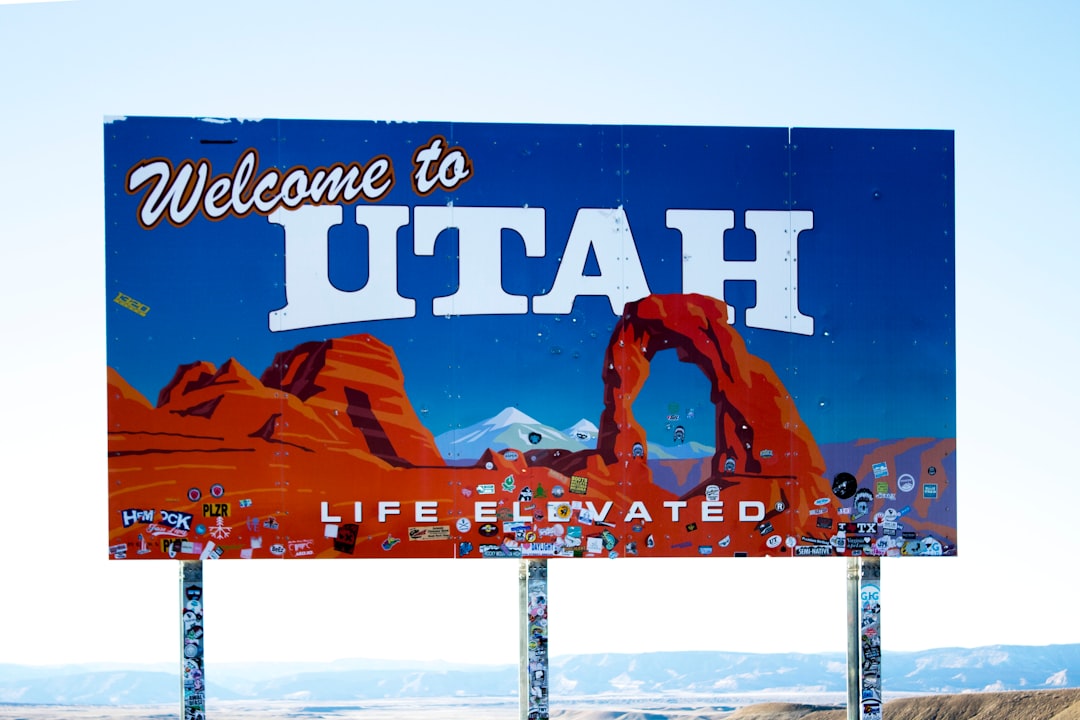In Utah, wage garnishment is a strictly regulated process aimed at balancing debt recovery and individual rights. Debt collectors and attorneys must adhere to specific laws, including 'Do Not Call' regulations, to protect both debtors and creditors. Consumers can register on the state's Do Not Call list and seek legal guidance from Utah-based lawyers specializing in debt collector laws to manage interactions effectively while preserving their rights.
In Utah, understanding wage garnishment laws is paramount for both debt collectors and debtors. As a debt collector or attorney in Utah, navigating these regulations can be complex but crucial to ensuring compliance and protecting client rights. This article delves into the legal framework surrounding wage garnishment in Utah, including consumer rights, the Do Not Call list, and strategies for debt collection professionals. For those seeking guidance on dealing with debt collectors, understanding these laws is essential, and consulting a debt collector lawyer in Utah can provide invaluable insights.
Understanding Wage Garnishment in Utah: A Debt Collector's Perspective

Wage garnishment is a powerful tool in the arsenal of debt collectors, but it’s crucial to understand the nuances of this process within Utah’s legal framework. As a debt collector or attorney specializing in this domain, navigating the state’s laws is essential to ensure compliance and protect both the rights of creditors and debtors. Utah has established guidelines that govern when and how wage garnishment can be implemented, providing a structured approach to debt recovery while also offering safeguards for individuals facing financial hardships.
In Utah, wage garnishment is regulated by state law, which allows for the seizure of an individual’s disposable income to satisfy outstanding debts. Debt collectors and lawyers must adhere to specific rules, including obtaining a court order and adhering to limitations on the percentage of earnings that can be seized. The Do Not Call laws in Utah also play a significant role, restricting how debt collection agencies can communicate with debtors, ensuring a more professional and less invasive collection process. Understanding these laws is vital for debt collectors to operate effectively while respecting the legal rights of their clients and the residents of Utah.
Legal Framework: Utah's Laws Protecting Debtors and Debt Collectors Alike

Utah’s legal framework provides a balanced approach to protecting both debtors and debt collectors. The state has established clear guidelines regarding wage garnishment, ensuring fair practices for all involved parties. These laws are designed to prevent abusive collection tactics while allowing legitimate creditors to recover their debts. Debtors in Utah enjoy protections against excessive or unjustified garnishments, giving them peace of mind and a sense of security.
For debt collectors operating within Utah’s jurisdiction, adhering to these laws is essential. Debt collector lawyers and attorneys in Utah play a crucial role in guiding both collection agencies and debtors through this intricate legal landscape. They ensure that all parties understand their rights and obligations, fostering a more transparent and fair debt recovery process. With the help of these legal professionals, debt collectors can navigate the state’s ‘Do Not Call’ laws and anti-spam regulations, ensuring compliance and maintaining professional standards.
Navigating the Do Not Call List and Consumer Rights in Utah

In Utah, consumers have certain rights when it comes to dealing with debt collectors and their tactics. One important aspect is understanding and utilizing the Do Not Call list. According to the Spam Call law firms in Utah, this list provides a layer of protection against unwanted calls from debt collectors. Consumers can register their phone numbers on this list, effectively preventing direct marketing or collection calls from participating companies. This measure offers some respite for those seeking to curb persistent debt collector calls.
Additionally, a debt collector lawyer or attorney in Utah can provide guidance on navigating these rights. They can help consumers understand the boundaries set by state laws regarding debt collection practices, ensuring that collectors adhere to fair and ethical standards. With the assistance of a debt collector law firm in Utah, individuals can protect their rights while managing their debts effectively.






